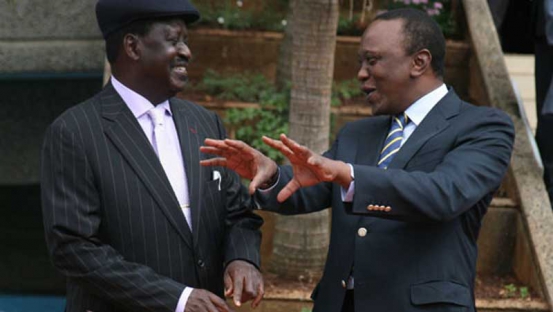
There comes a time when people need to pause, evaluate their status and give themselves an opportunity to recover from a prolonged and arduous engagement. It is the case in the various types of battlefields irrespective of the nature of engagement. While some are of a military type with opposing fighters facing each other, others are political.
Children of two prominent anti-colonial families, Jomo Kenyatta and Jaramogi Oginga Odinga, namely Uhuru Kenyatta and Raila Odinga, commanded political forces. Uhuru’s side called itself “Jubilee” but Raila’s kept changing its stripes. Initially, Raila’s team called itself ODM, metamorphosed into CORD and later became NASA. Since the two sides subscribed to parallel rules of political behaviour, the battle seemed endless. This calls for time to reflect.